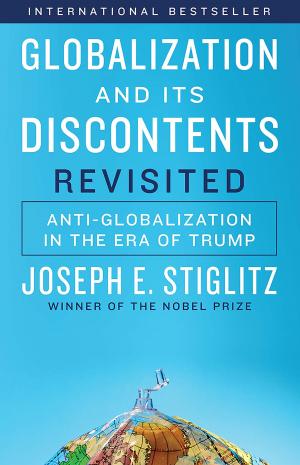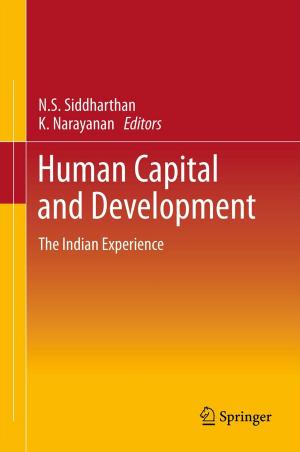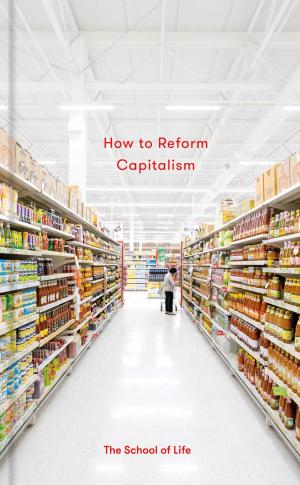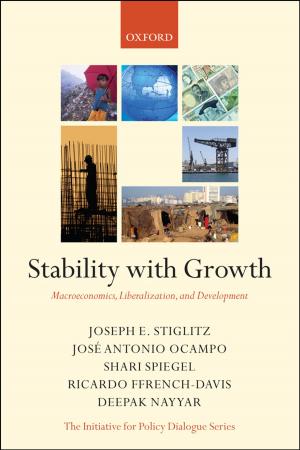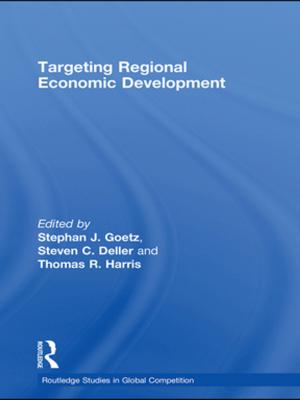Religions and Development
What Impact Have the Nine Major Religions Had on the Creation of Wealth?
Nonfiction, Religion & Spirituality, Other Practices, Ethnic & Tribal, Social & Cultural Studies, Social Science, Sociology, Marriage & Family, Business & Finance, Economics, Economic Development| Author: | Xavier Couplet, Daniel Heuchenne | ISBN: | 9782960070941 |
| Publisher: | Couplet + Heuchenne | Publication: | April 4, 2010 |
| Imprint: | Couplet + Heuchenne | Language: | English |
| Author: | Xavier Couplet, Daniel Heuchenne |
| ISBN: | 9782960070941 |
| Publisher: | Couplet + Heuchenne |
| Publication: | April 4, 2010 |
| Imprint: | Couplet + Heuchenne |
| Language: | English |
What impact have the nine major religions had on the creation of wealth? In 2007, on average, a Protestant "produced" two times more wealth than a Catholic, four times more than an Orthodox, thirteen times more than a Muslim, eighteen times more than a Buddhist, twenty-five times more than a Hindu and forty-two times more than an animist. Why? Strangely, no Nobel Prize winners have given their opinion on this worrying situation. A few years ago some economists began researching "neuroeconomics", which aims to study, through neuroimaging, the behaviour of individuals faced with the market. These new researchers aim to reveal the underlying motives for the sometimes irrational decisions made by consumers. Anyone would think that these eminent researchers had never left their own religious, cultural environment. If they had, they would know that religions, by virtue of their obligations and restrictions, condition the "neurons" of individuals to the extent that they cause them to make completely irrational decisions.
What impact have the nine major religions had on the creation of wealth? In 2007, on average, a Protestant "produced" two times more wealth than a Catholic, four times more than an Orthodox, thirteen times more than a Muslim, eighteen times more than a Buddhist, twenty-five times more than a Hindu and forty-two times more than an animist. Why? Strangely, no Nobel Prize winners have given their opinion on this worrying situation. A few years ago some economists began researching "neuroeconomics", which aims to study, through neuroimaging, the behaviour of individuals faced with the market. These new researchers aim to reveal the underlying motives for the sometimes irrational decisions made by consumers. Anyone would think that these eminent researchers had never left their own religious, cultural environment. If they had, they would know that religions, by virtue of their obligations and restrictions, condition the "neurons" of individuals to the extent that they cause them to make completely irrational decisions.

